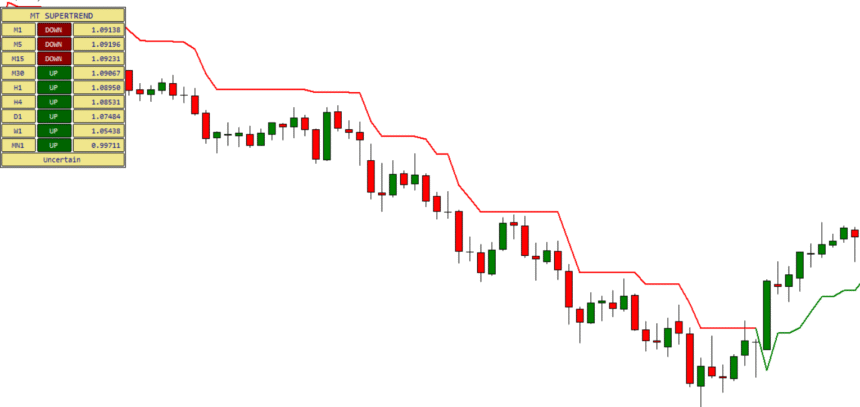Investing in the right financial instruments is one of the most important steps toward securing your future. Among the many available options, Mutual Funds have become a favorite choice for both new and seasoned investors. They offer diversification, professional management, and the potential for steady returns over the long term. But investing blindly is never a smart strategy — planning your moves with the right tools can greatly improve your results.
- Why Mutual Funds Deserve a Place in Your Portfolio
- Introducing the MTF Calculator: A Tool for Smarter Decisions
- Aligning Tools and Strategies for Long-Term Success
- The Role of Goal-Based Investment Planning
- Managing Risk Alongside Potential Returns
- Regular Portfolio Review and Rebalancing
- Tax Planning and Mutual Funds
- The Importance of Patience and Discipline
- Conclusion
Why Mutual Funds Deserve a Place in Your Portfolio
Mutual funds pool money from multiple investors to invest in a diversified portfolio of stocks, bonds, or other securities. This diversity minimizes risks and makes them suitable for a wide variety of financial goals, whether it’s wealth creation, retirement planning, or short-term saving. Mutual funds also suit different risk appetites, with options ranging from aggressive equity funds to stable debt funds.
Introducing the MTF Calculator: A Tool for Smarter Decisions
One powerful tool that can complement your investment planning is the MTF Calculator. This calculator helps you estimate how much margin you can utilize when opting for Margin Trading Facility (MTF). If you’re considering short-term trades or looking to amplify your investments, an MTF Calculator will let you determine the precise leverage you can take against your available funds. This ensures you don’t overextend or make uncalculated moves, reducing financial risk while aiming for higher returns.
Aligning Tools and Strategies for Long-Term Success
Smart investing is all about balance — balancing risk and reward, balancing market trends with personal goals, and balancing short-term moves with long-term growth. When planning your mutual fund investments, it’s useful to apply both analytical tools like the MTF Calculator and personal financial discipline. Tools help with numbers, but strategy ensures that your decisions stay aligned with your broader financial objectives.
The Role of Goal-Based Investment Planning
Setting clear investment goals can help you select the right mutual funds and avoid impulsive decisions. Whether your aim is wealth accumulation, retirement planning, or saving for a child’s education, the right mix of funds will differ. Tools like SIP calculators, MTF calculators, and return estimators can assist in checking whether your investments match your timeline and expected returns.
Managing Risk Alongside Potential Returns
While using margin through MTF or selecting growth-oriented funds, it’s critical to keep your risk tolerance in mind. High returns often come with higher volatility. Having a mix of debt and equity funds can soften the impact of market swings while maintaining steady growth. Using calculators and monitoring your portfolio helps make timely adjustments without emotional decisions.
Regular Portfolio Review and Rebalancing
Once your plan is in place, don’t assume your job is done. Markets evolve, and so do personal financial needs. Conduct regular portfolio reviews to ensure your mutual fund selection is still the right fit. Sometimes, rebalancing your portfolio by adjusting the weightage of different funds is necessary to stay on track with your goals.
Tax Planning and Mutual Funds
One often overlooked part of investment planning is tax efficiency. Certain mutual fund categories, like Equity Linked Savings Schemes (ELSS), offer tax deductions under Section 80C of the Income Tax Act. Others might attract long-term or short-term capital gains tax. Factoring tax into your overall plan can increase the net returns from your investments.
The Importance of Patience and Discipline
Investing isn’t about timing the market but about spending time in the market. Even the most carefully calculated plans and powerful tools like the MTF Calculator will not deliver overnight success. Sticking to your strategy through market ups and downs allows you to make the most of long-term compounding and minimizes losses from emotional reactions to short-term events.
Conclusion
Using modern financial tools like an MTF Calculator along with a strong understanding of mutual funds can give you the edge you need in building long-term wealth. Combined with clear goal-setting, regular monitoring, tax planning, and disciplined investing, you can create a robust strategy designed to help you meet your financial objectives with confidence.













